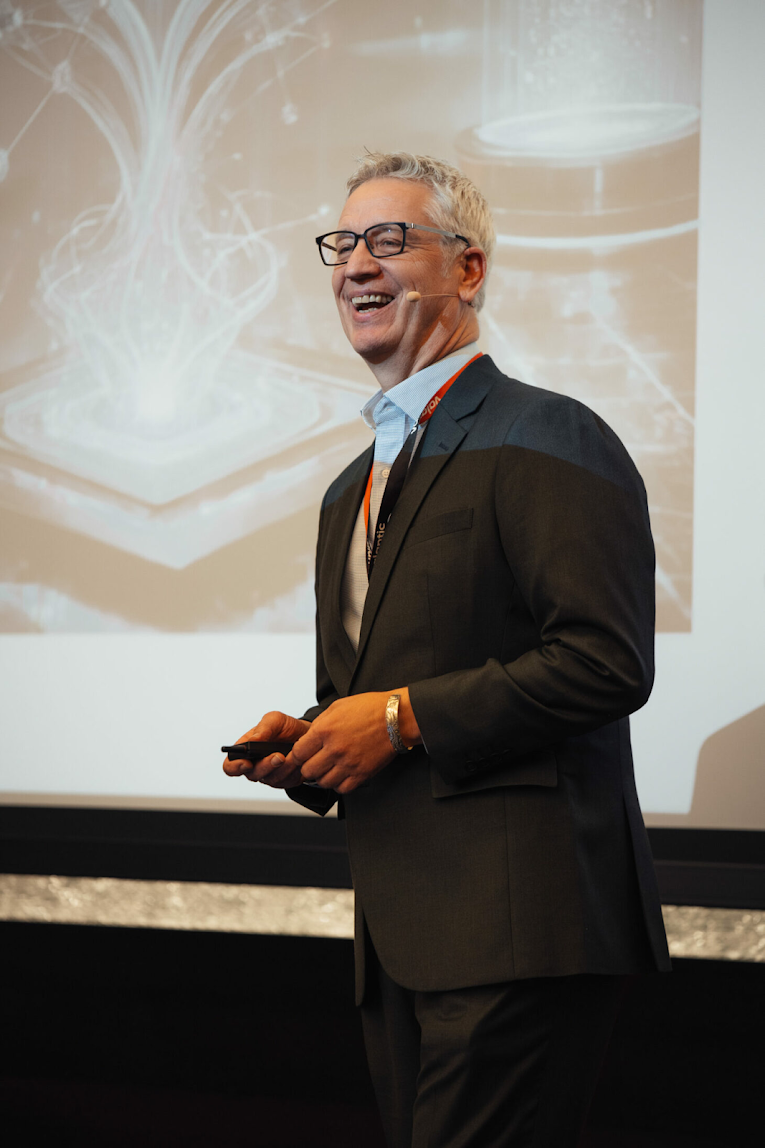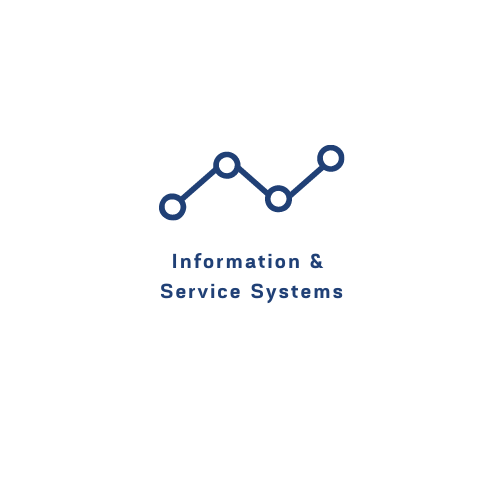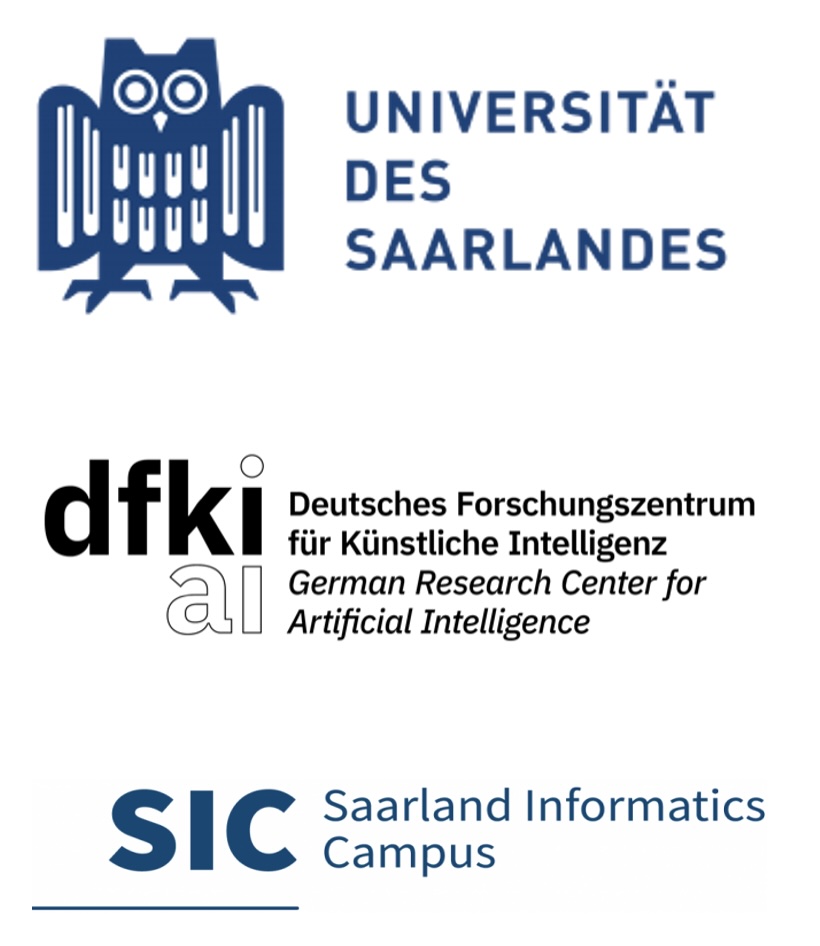The Chair of Business Informatics at Saarland University and the research department Smart Service Engineering at the German Research Center for Artificial Intelligence (DFKI), led by Prof. Dr.-Ing. Wolfgang Maaß, investigate how artificial intelligence technologies can be used for adaptive service designs and innovative business solutions. In collaboration with research and industrial partners, results are applied in domains such as industrial manufacturing, crisis management, healthcare, wellness, and sports, among others.
Latest News
| Keynote: The Future of AI in Europe: How AI Changes the Economic Landscape | |

|
Berchtesgaden, January 2025 – At the prestigious valantic Digital Excellence Forum 2025, Professor Wolfgang Maaß delivered an insightful keynote on the future of artificial intelligence in Europe and its profound impact on the economic landscape. The event brought together industry leaders, AI researchers, and digital transformation experts to discuss cutting-edge developments in AI and their implications for businesses and society. Professor Maaß began his talk with an overview of the industrial and scientific state of the art in AI, highlighting key advancements in deep learning, reinforcement learning, and explainable AI. He emphasized how AI is no longer an emerging technology but a critical driver of industrial innovation and economic transformation. A major highlight of his presentation was the discussion on Deepsearch R1, an AI breakthrough that had been released just days prior. Professor Maaß provided an analysis of its capabilities and potential applications, demonstrating how such advancements are accelerating the integration of AI into business intelligence, automation, and research processes. Following this, he turned to AI agents and their increasing importance across industries. He explained how AI-driven autonomous systems are reshaping supply chains, financial markets, healthcare, and manufacturing, driving efficiency and innovation. He emphasized that companies need to adapt quickly to leverage AI’s potential, or risk falling behind in a rapidly evolving digital economy. The final section of his talk focused on the future of AI and Quantum Machine Learning (QML). Professor Maaß outlined how QML could revolutionize optimization problems, material discovery, and financial modeling, paving the way for unprecedented computational capabilities. While quantum computing is still in its early stages, he stressed that companies and researchers should already be preparing for its transformative effects. Concluding his presentation, Professor Maaß offered an optimistic outlook on Germany’s position in AI research and startups. He highlighted the strong academic foundations, vibrant AI ecosystem, and increasing investments in AI-driven ventures, positioning Germany as a key player in global AI innovation. The valantic Digital Excellence Forum 2025 proved to be a crucial platform for discussing the future of AI in Europe. Professor Maaß’s keynote left attendees with valuable insights into the rapid advancements in AI, the strategic importance of AI agents, and the transformative potential of quantum computing. His final remarks reinforced the positive trajectory of European AI development, urging businesses and policymakers to embrace AI-driven opportunities for sustainable economic growth.
Published on: 2025-02-06
|
| NeurIPS 2024: Three papers | |

|
Three papers at NeurIPS 2024, Vancouver, Canada. NeurIPS is one of the leading AI conferences with about 16.000 participants. (1) Maxx Richard Rahman, Ruoxuan Liu, and Wolfgang Maass: Incorporating Metabolic Information into LLMs for Anomaly Detection in Clinical Time-Series (2) Prajvi Saxena, Sabine Janzen and Wolfgang Maass: Adaptive Knowledge Distillation for Efficient Domain-Specific Language Models. (3) Cicy Kuriakose Agnes and Wolfgang Maass: From Stateless to Adaptive: Dynamic Personalization for Conversational Language Models.
Published on: 2025-01-01
|
| AI-based Method to Detect Doping Cases | |

|
Thousands of athletes are currently competing for medals at the Olympic Games in Paris. And in some cases, questions will be asked about whether medals were won fairly or whether doping was involved. Software developed by a team led by Wolfgang Maaß, professor of business informatics at Saarland University, could help to answer these questions in future competitions. The software, which is currently being presented at the International Joint Conference on AI (3–9 August in South Korea), needs only a handful of data points to predict with unprecedented accuracy which athletes have definitely not doped – and can thus identify those cases where a closer look is required.
Published on: 2024-07-08
|

